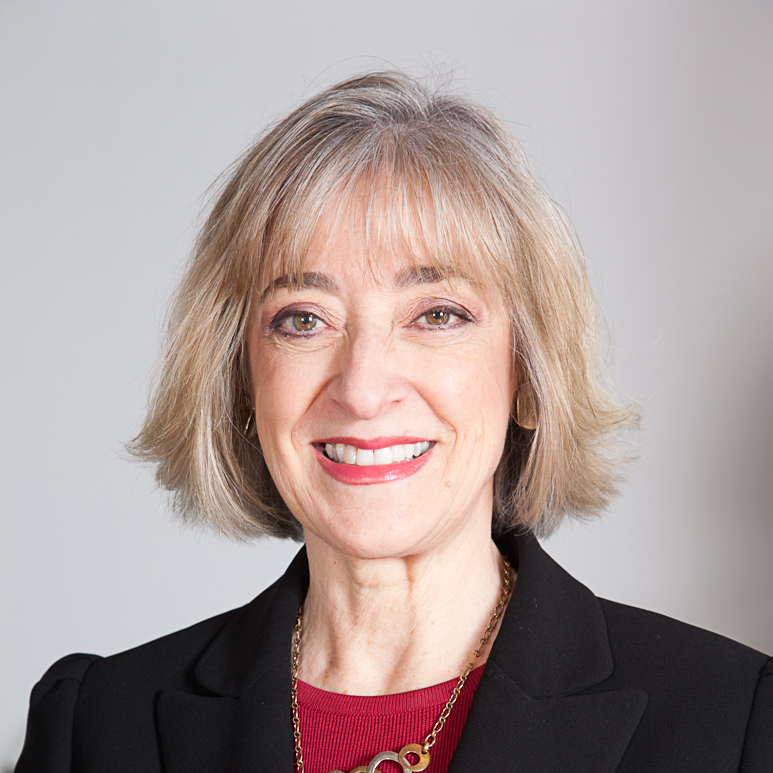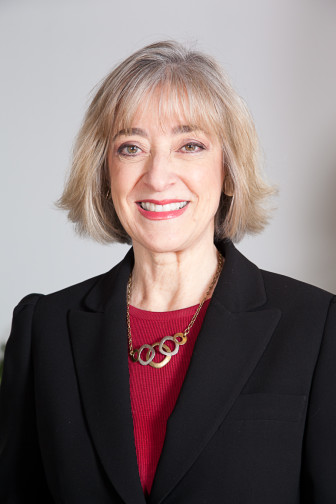If you are like most people, you are reluctant to raise the issue of using addictive substances with your doctor. Unfortunately, most doctors have been reluctant to raise the issue with you as well. Most people, including doctors, are woefully uninformed about this public health problem or the disease that can result — addiction. The result is that prevention services are largely absent from an annual medical visit, and only about one in 10 people in need get any form of treatment. Of those who do, few receive quality care.
Risky substance use and addiction together constitute America’s No. 1 preventable — and most costly — health problem. Even though there is a large and growing science base about both risky substance use and addiction, and significant evidence of effective prevention and treatment approaches, the gap between this knowledge and medical practice is huge.
Here are some key facts: Addiction is a complex brain disease involving a wide range of addictive substances including nicotine, alcohol, pain killers, stimulants and depressants.
Addiction is a pediatric disease, in almost all cases beginning with substance use during adolescence and young adulthood when the brain is still developing. Like other diseases, there are risk factors that increase the likelihood that substance use will result in addiction, a key one being the age of first use. The younger you are when you start using any addictive substances, the greater the risk.
Addiction can become a chronic disease, with relapses and remissions, and requiring ongoing treatment — and one that often is accompanied by other health problems.
Not all substance use results in addiction, but it can still result in many other costly health and social consequences. Both substance use and addiction can and should be addressed as a routine part of medical care.
To move this knowledge into medical practice and assure that the opportunity to prevent addiction and other negative consequences is not missed, the Addiction Medicine Foundation (formerly the American Board of Addiction Medicine Foundation) is building a trained workforce of addiction medicine specialists. With the help of the Conrad N. Hilton Foundation, we are training this workforce to address the full spectrum of need — from prevention and early intervention through treatment and disease management.
Here is how we are doing it: Every doctor goes through medical school and then does what is called residency training — an average of three years of on-the-job training to be sure she can translate the knowledge she has acquired into effective practice. After that, physicians often do an additional year or more of specialty training, which is called a fellowship. In a fellowship program, a doctor learns to be an expert in a particular area of health care.
[Related: The Most Effective Prevention for Teen Substance Use Not Widely Deployed: Report]
The Addiction Medicine Foundation is helping to create fellowship training programs in addiction medicine so doctors can be expert clinicians, provide consultation to other physicians, serve as faculty to teach others about prevention of risky substance use and treatment of addiction, and work within a health system to upgrade its services for prevention and treatment.
By the end of this year (2015), we expect to have 39 fellowship programs in 23 states and three Canadian provinces. Our goal is a fellowship training program or department of addiction medicine in every accredited medical school in the country.
We are on our way to formal recognition as a medical subspecialty in which training will be open to physicians from any practice area. So a family medicine doctor, a pediatrician, ob-gyn or any other physician could also specialize in addiction medicine. This is critical because substance use and addiction cause or contribute to more than 100 other diseases requiring medical attention, and, without training, doctors end up treating the complications of substance use and addiction instead of helping to prevent or treat it. For example, many cases of liver and lung disease are the result of substance use. A very large portion of injuries — many of them serious or life threatening — that doctors see in the emergency room are also the direct result of substance use.
Making sure doctors are trained in prevention and treatment is critical for us all. Assuring that addiction is addressed in routine medical practice, just as diabetes, health disease and all other conditions are, will help to finally shed the stigma of these health problems that makes us reluctant to discuss them. It will help us get the quality treatment we need instead of having to search privately on questionable websites that offer costly but false promises of a cure. It will keep many of our children from ever developing the disease or experiencing the other horrific consequences that can occur from substance use. And, by preventing and reducing those consequences, it will save us all a lot of money.
Just as they did for depression and HIV and many other diseases before, the medical profession is waking up to the challenge and educating itself about substance use and addiction. You can help. Ask your doctor about substance use and addiction, and ask your health system to start an addiction medicine fellowship training program. This problem affects all of us, and your voice can make a difference.
Susan E. Foster, MSW, is executive director of The National Center for Physician Training in Addiction Medicine.
Editor’s note: The Center for Sustainable Journalism, nonprofit publisher of Youth Today, is also a grantee of the Hilton Foundation.
More related articles:
Engaging Kids Fights Substance Abuse, Organizations Say
Foster Care System Feels Shock Waves from Heroin Addiction
The Test of Time: Finding a Way to Stay Clean for My Daughter

































